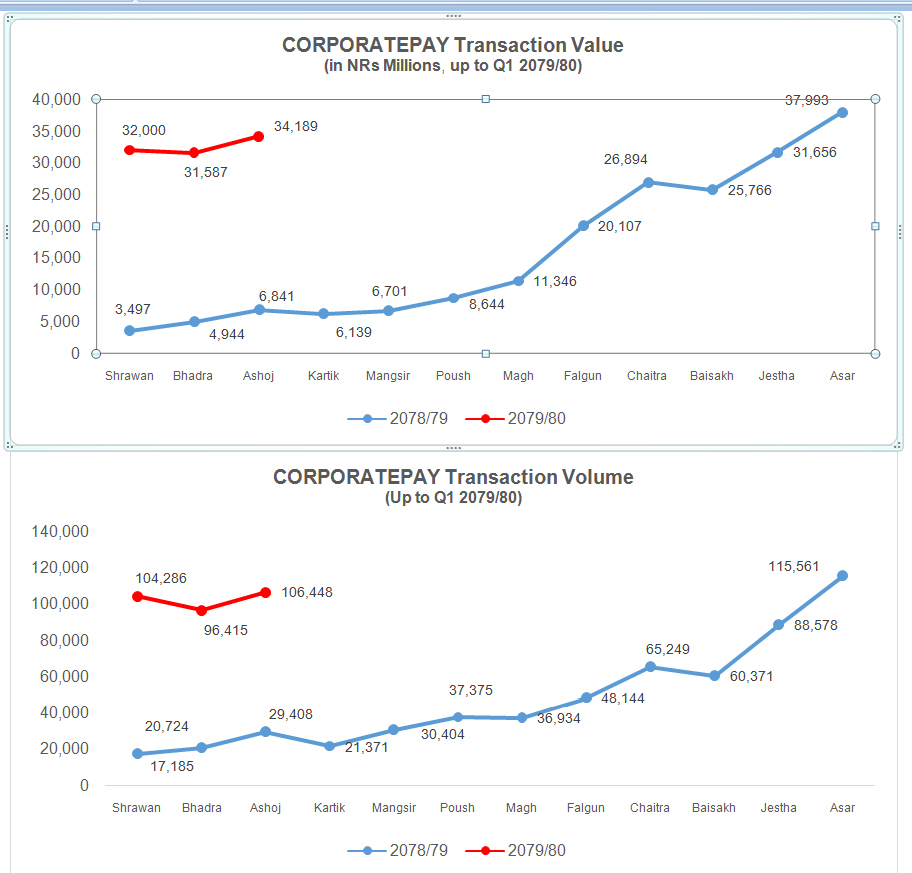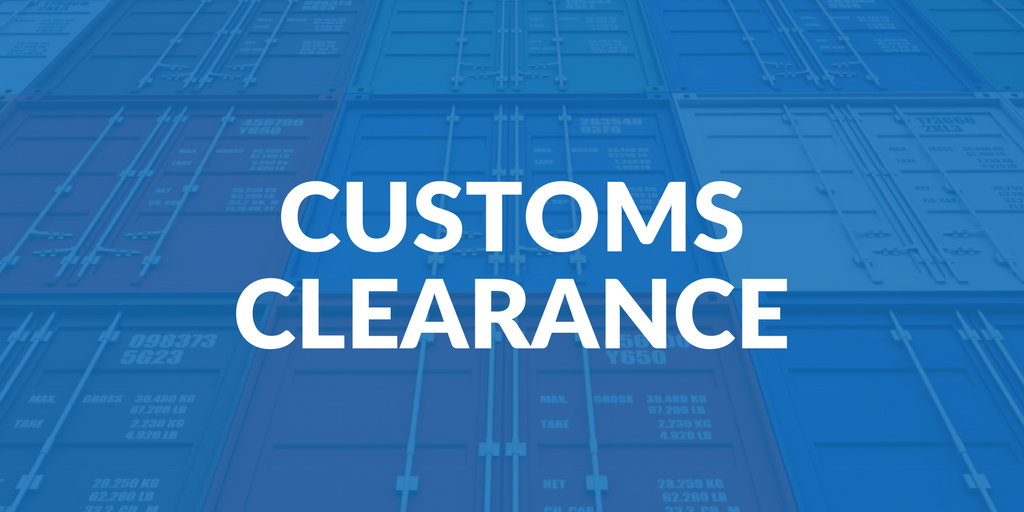
It has been nearly two years since the government prepared the draft E-Commerce Bill, but nobody knows when it will see the light of day. Even after a long wait, the proposed law has been pushed further into the background as the nation prepares for the general election and the formation of a new government.
Gobinda Bahadur Karki, joint secretary at the Ministry of Industry, Commerce and Supplies, said they had received the bill from the Law Ministry two months ago, and that they forwarded it to the cabinet at around the same time.
“Right after we sent it to the cabinet, Parliament was dissolved for the election. The bill needs to be passed by Parliament,” Karki said.
"There is no regulation with any provision for punishment, and unscrupulous traders are taking advantage of the lack of governance," Timilsina said.
"It took many years for government officials to get the hang of e-commerce. Now that they have finally done something about it, a new group of people will be coming into government after the election; and there is no guarantee that they will pass the law," Timilsina said.
The e-commerce legislation will regulate and facilitate the trade of goods and services and intellectual property rights using electronic means, supporting the growing digital ecosystem.
Kiran Timsina, co-founder of online cake seller UG Cakes and Urban Girl, says that without e-commerce laws, entrepreneurs are facing operational hassles and unhealthy market competition.
"For any entrepreneur who wants to step into e-commerce, it is unclear how to register the firm at first despite registering it with Office of the Company Registrar," Timsina said.
"As the number of e-retailers is growing taking undue advantage of the lack of effective governance in the sector, it has created unfair market practices," he said.
Insiders say that the number of online shopping portals is rising sharply with many not even registering their firms anywhere.
The government implemented a national strategy for e-commerce in August 2019 with a one-year timeline to draft the guidelines and regulations.
The strategy has provisioned legal action against e-commerce firms found selling substandard products, charging high prices and not delivering the goods on time. It has also provisioned legal action for selling goods by giving false information.
The strategy contains provisions for registration, approval and operation of e-commerce businesses, protection of consumer privacy, refund and return of goods, and legal action against unlawful market practices.
According to the Connectivity in the Least Developed Countries Status Report 2021, Nepal’s performance in e-commerce is still poor despite increased online access. The report said that even among countries with higher internet penetration, awareness of e-commerce platforms is low in LDCs like Nepal.
E-commerce is among the few sectors with the potential to add value, helping these countries to diversify their economies and graduate from the LDCs group.
E-commerce entrepreneurs have been observing an increase in digital payment in recent days rather than cash on delivery.
According to Nepal Rastra Bank, online transactions from mid-August to mid-September amounted to Rs4.92 trillion compared to Rs3.92 trillion in the same period last year. The number of transactions also reached 4.73 million during the review period.
According to e-commerce entrepreneurs, 50 percent of the payments they receive are being made digitally, which include payment by debit or credit cards and e-wallets.








